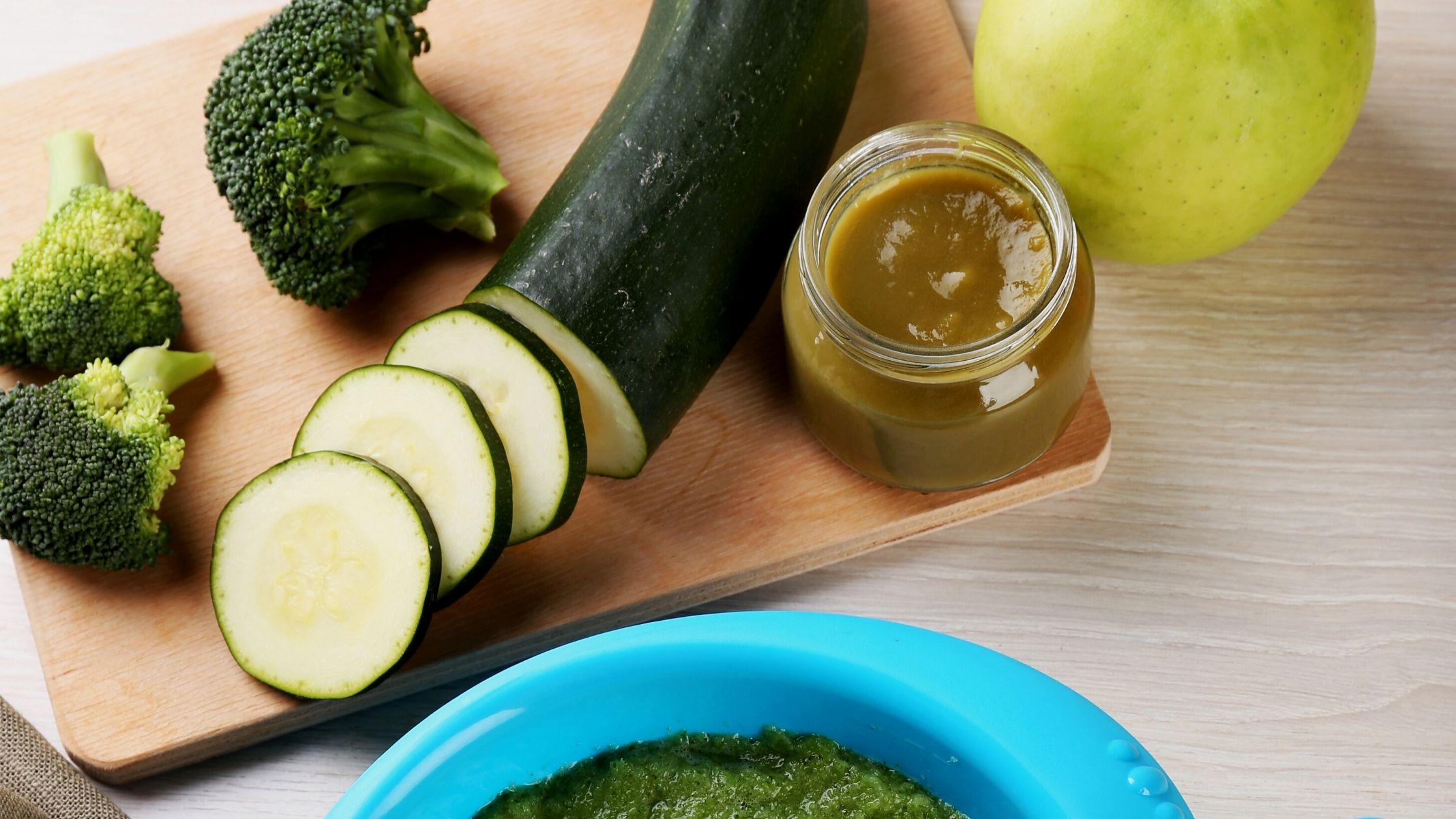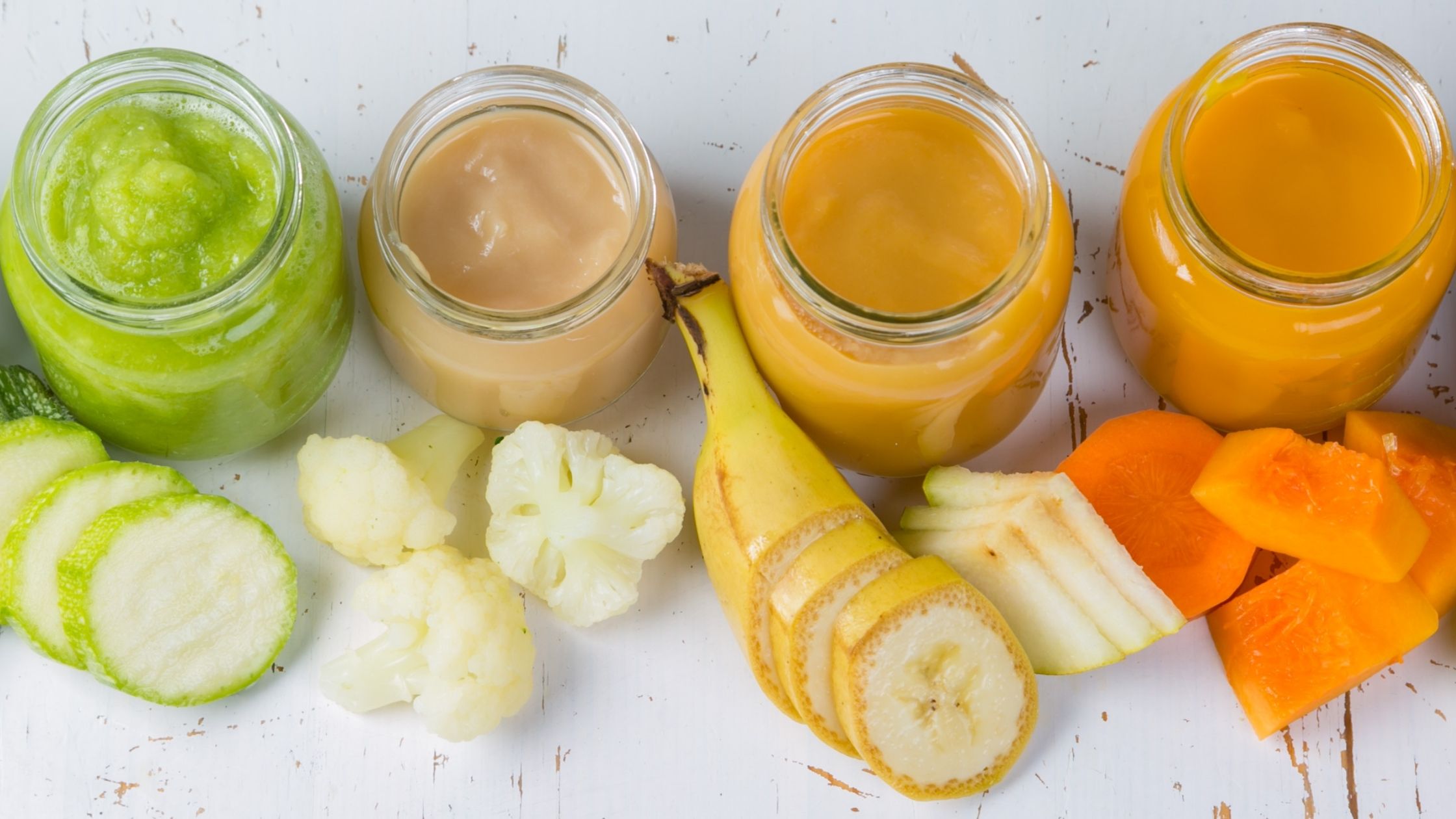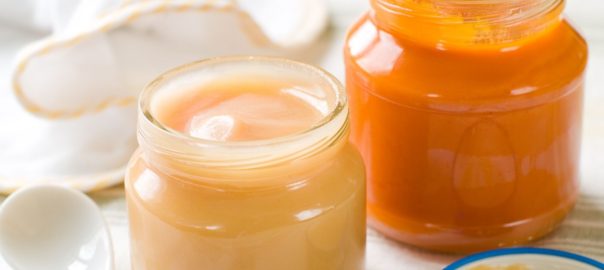The recent headlines in the news about toxic metals in baby food, sometimes in high amounts, should demand answers. According to the World Health Organization, they consider the first 1,000 days to be critically important to long-term health and wellness because it’s in these critical years that optimal brain and immune system development are established.
A congressional investigation by a US House Subcommittee requested internal data from seven baby food companies when a nonprofit called Healthy Babies Bright Futures published results of their ingredient testing. Four of the companies shared documents, while the remaining three didn’t cooperate.
According to their results, they found metals such as arsenic, lead, cadmium, and mercury – all metals that the US Food and Drug Administration (FDA) and World Health Organization consider top chemicals of concern and list as harmful to human health. The research suggests these metals may be a result of decades of pesticide and herbicide use.
As I learn more, it’s also possible toxic metals are more common in baby foods because of the vitamins and minerals added to those foods during processing. And all of these heavy metals have been linked to cancer, chronic disease, and neurotoxic effects. Because babies’ brains are still developing, there is a lot of concern about how metals could damage that development. While researchers say the number of toxins in baby food is small, the impact of toxins in food may build over time and may impact brain development.
What’s next for finding a healthier solution?

Legislation may be needed, such as mandatory testing by the FDA of any baby food product before it reaches the retail shelves. Brands should consider finding substitutes for the current toxins found in baby food sold in the US.
For instance, infant rice cereals contained levels of inorganic arsenic higher than the standard 100 parts per billion set by the Food and Drug Administration. A safer alternative to rice cereal may be oatmeal for young children. Among the high-risk foods for infants, were rice-based snacks and meals (puffs snacks, teething biscuits, and infant rice cereal), carrots, sweet potatoes, and fruit juices.
As an alternative, parents can consider preparing baby food using steamed and pureed organic fruits and vegetables. Secondly, understand the product’s manufacturing process. How are the products made? Are they made with stainless steel equipment to avoid heavy metal contamination?
Other changes parents can make to reduce heavy metals in a baby’s diet include giving them water instead of fruit juice and feeding them a variety of fruits and vegetables instead of root vegetables like carrots and sweet potatoes that tend to absorb more heavy metals from the soil than other kinds of produce.
Kids are what they eat!

Calcium, fiber, protein, iron, beta carotene, and vitamins C & D are key nutrients of each stage of their development. By giving your child a healthy balanced diet, you ensure they are getting all the essential vitamins, minerals, and other nutrients children need for healthy growth and development. To get a balanced diet you need to ensure your child is eating a wide variety of nutritious foods from all of the different food groups.
As a general guide, children should get these foods on a regular basis:
- Lots of colorful fruits and vegetables
- Healthy fats such as cold water fish and avocado
- Beans and lentils
- Nuts and seeds (as tolerated)
- Poultry and meat
Kids deserve a healthy start, so with a little smart research (and maybe some home cooking), you can find a way to get them the nutrients they need without the toxins.
[expand title="Sources"]
Dee-Ann Durbin, Associated Press (2021). Congressional Report Finds some amounts of toxic metals in baby food brands
Brenda Goodman, WebMD Health News (2019) – Study: 95% of Baby Foods Contain Heavy Metals
Bob Curley, Healthline Parenthood (2019) – Toxic Chemicals Can Be Found in Most Baby Food – What Parents Can Do
The Nutrition Source, Kid’s Healthy Eating Plate – Harvard - School of Public Health
[/expand]


